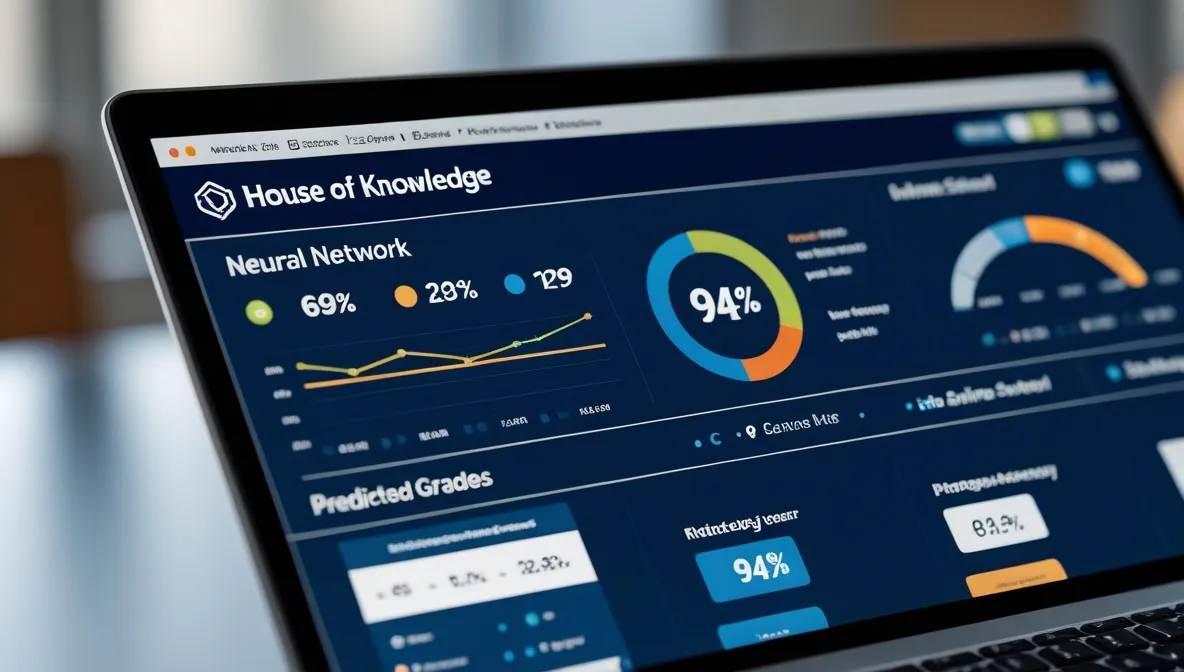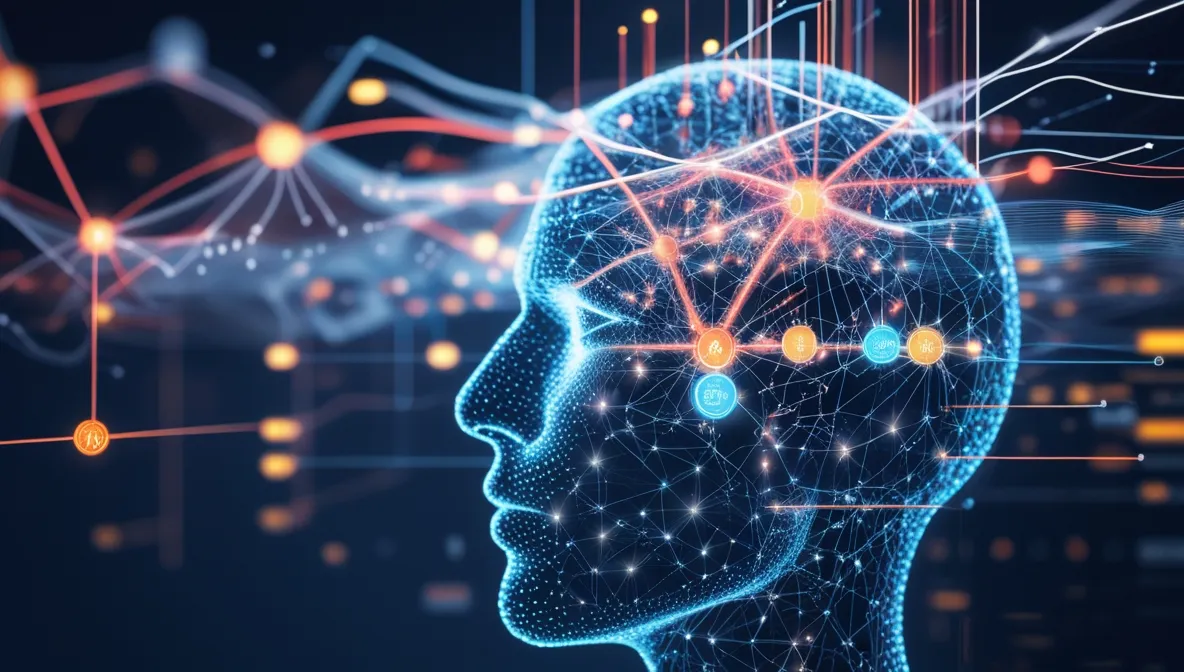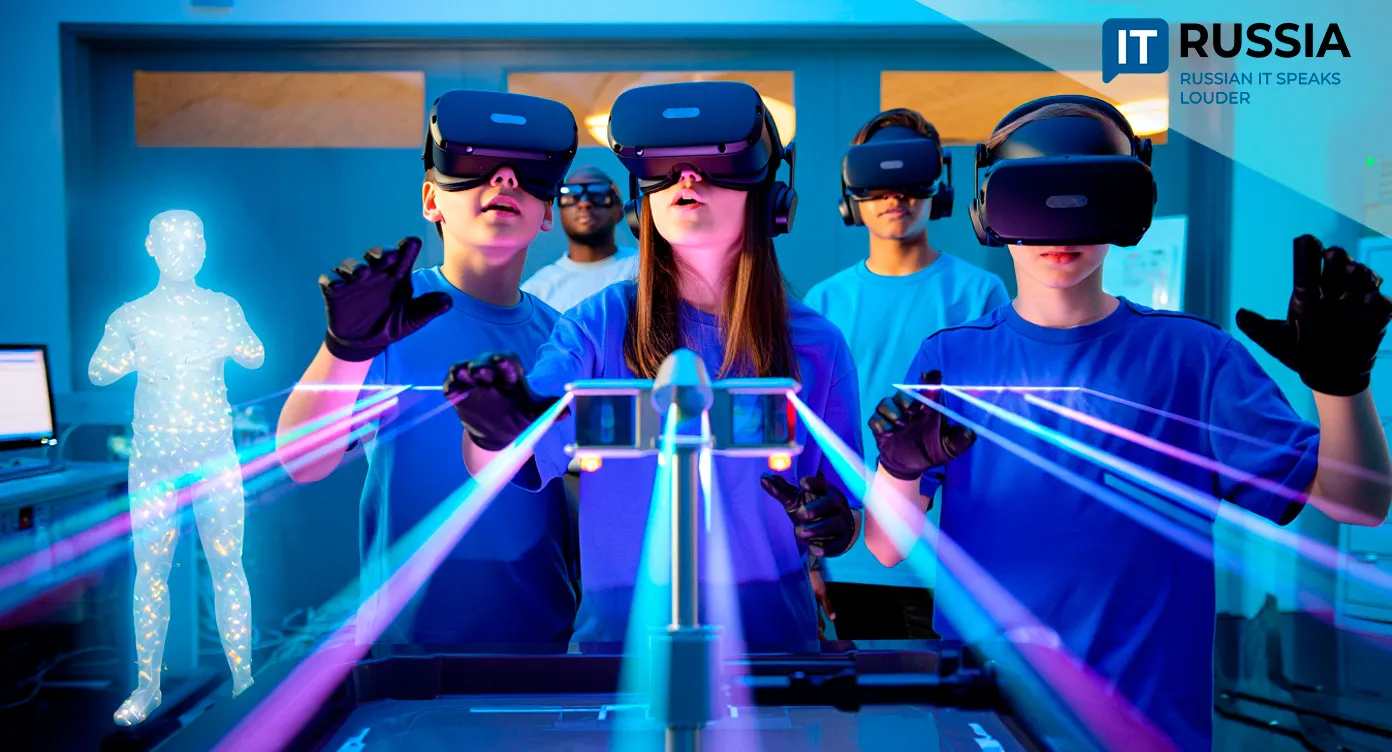Dagestan Scientist Develops AI That Predicts Student Performance
A neural network implemented at the online school 'Dom Znaniy' ('House of Knowledge') can now predict students’ academic performance for the next school year with an error margin of just about 4 percent — a breakthrough that brings adaptive learning closer to reality.

The 'What If' Mode: AI in the Classroom
In an era where artificial intelligence drives cars, composes music, and generates art, its arrival in K–12 education seems only natural. This is exemplified by a recent innovation from Dagestan-based educator Tagirbek Aslanov and his team. Their neural network, integrated into the online school 'Dom Znaniy,' can forecast student achievement for the upcoming academic year with roughly 4 percent deviation.
Built on a dataset of 1.3 million student responses across 360 variables, the model uses deep learning to identify academic patterns and simulate future outcomes. Perhaps its most engaging feature is the interactive 'what if' mode.

Parents can, for instance, model how reducing extracurricular activities or dedicating more study hours might affect their child’s math grades — and instantly see how a C could turn into an A. Aslanov’s team is now leveraging this data-driven foundation to design preparation programs that optimize learning processes and create personalized learning trajectories for each student.
Finding the Right Path: Toward Adaptive Education
The Dagestan project may be more than a 'school oracle'; it could become a cornerstone for a new learning paradigm.
Its potential applications include generating individualized learning recommendations, customizing study pace, and even offering psychological support based on predictive analytics. In essence, it’s a move toward adaptive education — where every learner follows a personalized path instead of a one-size-fits-all curriculum. Currently, the system operates within a single educational institution, but it was designed with scalability in mind.
Aslanov, a finalist of the national award 'Russia – Land of Opportunities,' is now a resident of Skolkovo, Russia’s premier innovation hub. “Skolkovo provides a platform for demonstrating our results and attracting new partners,” Aslanov explained. “We can share our methods with other educational organizations, contributing to the spread of AI-driven learning approaches.”

Rise of Digital Tutors Across Russia
Russian researchers are exploring how AI can enhance student performance analysis. Back in 2023, Moscow City University launched an AI-based academic forecasting system capable of predicting semester outcomes using more than 20 variables. It considers grades, extracurricular courses, participation in community initiatives, and even library usage.
The system helped reduce student dropouts by half — from 5 to 2.5 percent — and can identify those likely to leave voluntarily. Meanwhile, the online school 'Tetrika' employs machine learning to assess student performance and suggest optimal learning paths, while 'Synergy' University recently announced a real-time AI platform to monitor student engagement, academics, and social behavior — acting as a 'digital mentor.' What makes Aslanov’s project stand out is that it’s not a prototype, but a working model — one with extremely low error rates and tangible results.

A Grade for Tomorrow
Aslanov’s work signals that Russian EdTech solutions are moving beyond research labs and into real classrooms, becoming tools for both educators and parents. If expanded nationwide, the project could become part of Russia’s educational infrastructure — and a catalyst for a new era of learning where AI helps every child unlock their full potential. Better grades might just be the beginning.










































